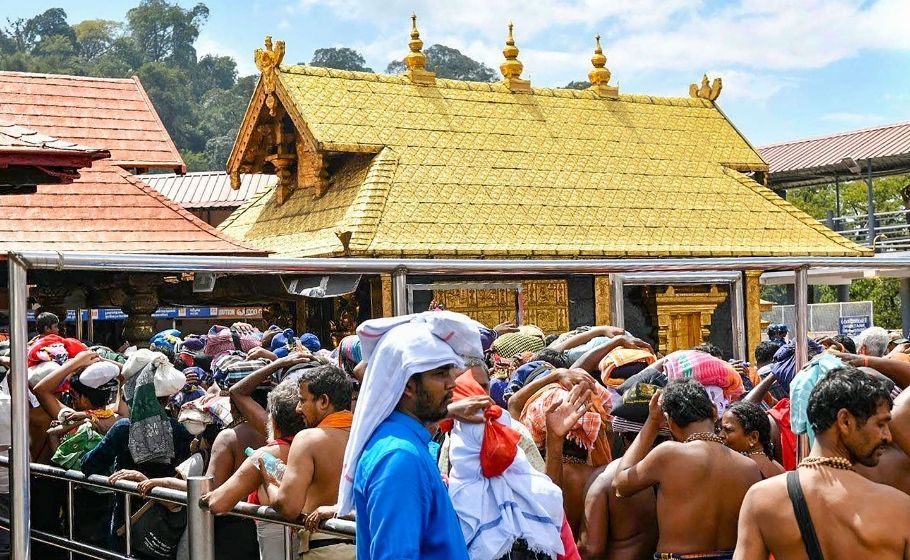
82% adults in Kerala have antibodies against COVID, finds serosurvey

Kerala seems out of the woods for the time, with COVID cases on the decline and high seropositivity in the population.
The latest sero-prevalence survey conducted by the Kerala government has shown that 82.6 per cent of the adult population in the state has developed antibodies against COVID.
Of the 4,429 samples tested, 3,659 were found to be positive for antibodies, thanks to vaccination and natural infection. Just last month, Kerala was in the news for its surging COVID graph.
The third seroprevalence survey was conducted in the state in September 2021.
Among children (aged 5 to 17), seroprevalence was found to be only 40.2 per cent, while among pregnant women it was 65.4 per cent. Of the 2,274 samples tested, 1,487 are found positive for antibodies.
“The data corresponds with the state’s high level of vaccination,” health minister Veena George said. “Pregnant women must take all safety measures to resist infection. Exposure to the virus among children under 18 years is also low as they have not got vaccinated as well.”
Seropositivity among the tribal population in Kerala was found to be 78.2 per cent with 1,189 of 1,521 samples showing antibodies. It was also observed that seropositivity was higher among the coastal population than the general population at 87.7 per cent. Community spread of COVID was first reported among the people living in coastal areas.
There was high prevalence of seropositivity in urban slums too. Of the 1,706 samples tested, 1,455 were seropositive – a rate of 85.3 per cent.
In May this year, the fourth serosurvey of the Indian Council of Medical Research (ICMR) had found that Kerala had the lowest seroprevalence at 42.7 per cent, when compared to the national average of 67.6 per cent.
Earlier, the ICMR had conducted three rounds of serosurveys in Kerala in May-June 2020, August September 2020 and December 2020 and found seroprevalence of 0.3 per cent, 0.8 per cent and 11.6 per cent, respectively. These were serial cross-sectional surveys from three districts of the state. In March this year, a survey conducted by the state government had found seropositivity at 10.76 per cent only.
However, it is not time to relax yet as far as Kerala is concerned, caution experts.
“We have to be vigilant because seroprevalence among children is only 40 per cent and we are reopening schools next month,” says Dr Padmanabha Shenoy, rheumatologist and an expert on COVID.
Also read: Health infrastructure ready to tackle 5L daily COVID cases: Centre
Besides, high seropositivity post-vaccination cannot be equated with immunity. “People who are fully vaccinated with a history of prior infection will have 95 per cent protection from the virus. Those who have had two vaccine doses but not an infection will have less protection – around 80 per cent. This will be lesser again for those who have only had a single vaccine dose. But when it comes to measuring seroprevalence, everyone will be positive irrespective of the count of antibodies. So we have to understand that 82.6 per cent seropositivity does not mean that 82.6 per cent people have achieved immunity. The chance of reinfection does exist,” explains Dr Shenoy.
Members of a government experts panel also agree that Kerala will have to live with COVID for a longer period of time compared with other states. “We protected the maximum number of people for a longer period from getting infected, hence we could reduce fatality, but COVID will persist,” says Dr Anish T, an expert committee member and Associate Professor at Thiruvananthapuram Medical College.
Also read: Survey finds low COVID compliance, only 6% follow social distancing

